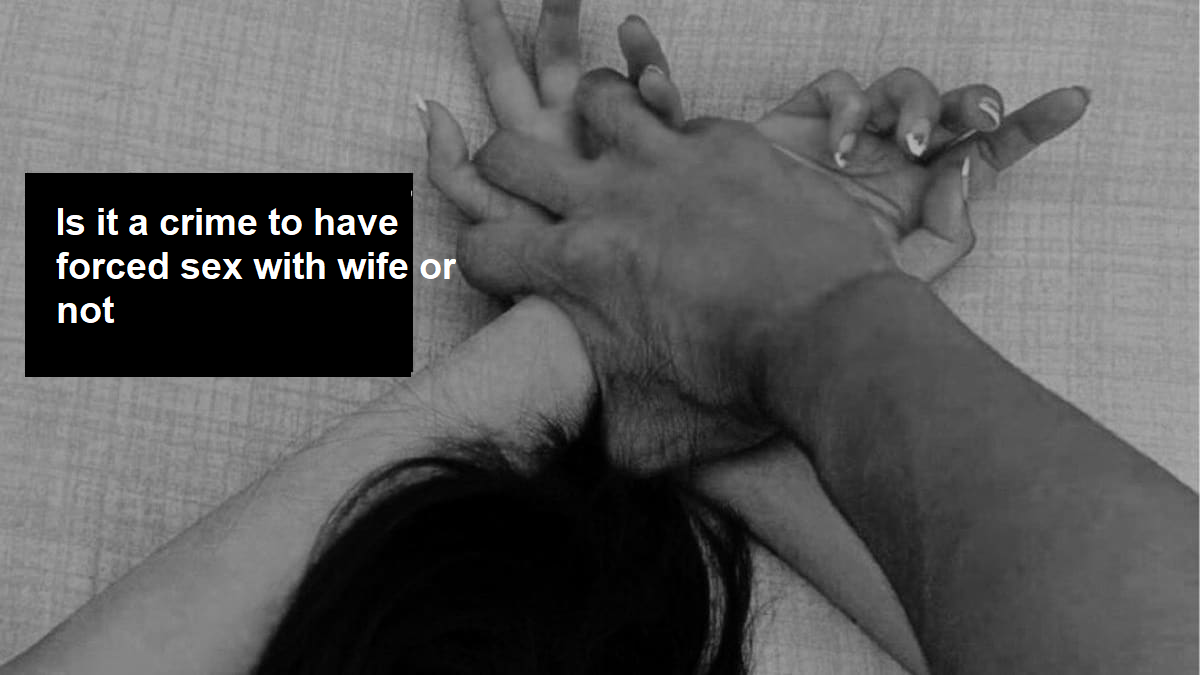Wives who become suspicious of their husbands are often described as having "mental problems regarding the husband" or "paranoia". It is a mental disorder in which the person's mental balance gets disturbed and he gets strange or strange notions, such as harboring suspicions against the husband, having unreasonable suspicions, and behaving unfaithfully. This problem falls in the field of mental health and can cause problems in social, family, and personal life. For this, appropriate treatment and advice from a mental health professional should be sought. There can be many different causes of paranoia.

Due to paranoia
Personality-related causes: Sometimes individual personality traits, such as self-disobedience, sensitivity, and lack of self-awareness, can be a major factor in the occurrence of paranoia.
Family and social environment: Sometimes situations and events arising in the family and social environment can also become the cause of paranoia. For example, feelings of betrayal, suspicion, and suspicion may be the main reasons.
Life events: Sometimes life events, such as betrayal, trauma, or failure in pursuit, can cause paranoia.
Congenital causes: Some mental disorders can be congenital and can lead to the development of paranoia.
It is important to understand the cause of paranoia as it can help in finding the right treatment and help point the person in the right direction.

Treatment of paranoia
Wives who are suspicious of their husbands are properly treated for paranoia by expert mental health professionals.
Consumption of medical medicines: Treatment is done through the right selection of medical medicines, which help in controlling mental problems.
Prasad intake: Regular intake of medicines prescribed by the specialist, which can help in reducing mental problems.
Paranoia-related therapy and palliative therapy: Empowerment and support provided by mental health professionals, as well as engaging in other mental health therapy programs.
Support groups and family support: Joining family and support groups, can help cope support and address problems.
Therapy: Therapy, such as social therapy or mental health counseling, can play an important role in treating paranoia.
Healthy Habits: Adopting a healthy diet, yoga, meditation, and regular physical activities can help improve mental health.
The best way to treat paranoia is to seek the advice of a mental health professional and receive regular treatment in collaboration with family and support groups.
(PC: Freepik)










